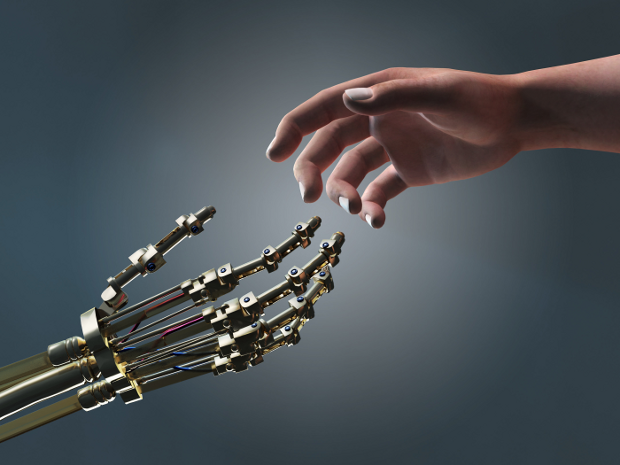It's the beginning of a new age for artificial intelligence


Familiarize yourself with the AI technologies available today and prepare for adoption -- or face the inevitability of disruption.
These days it seems like you can't open a newspaper (OK, web browser) without coming across an article on artificial intelligence (AI).
Publicized breakthroughs -- like Google AlphaGo's unprecedented victories over human Go champions -- have heralded the promise of a new golden age for AI. Add to that the personification of personal assistants in Apple's Siri and Amazon's Alexa, coupled with Salesforce's "resurrection" of Albert Einstein and the rampant proliferation of AI-related startups, and the AI buzz becomes more of a cacophonous clamor.
To put it mildly, this is confusing for businesses, as leaders are trying to determine what is real and what is mere snake oil. Will AI achieve its transformational promise, or will it join the trash heap of over-hyped technologies?
Forrester believes AI will significantly disrupt the way organizations win, serve, and retain customers... eventually. To do this, it will take massive amounts of data to train artificially intelligent systems to perform their jobs well enough to replace their human counterparts.
AI is making its first inroads in organizations, as app developers are leveraging AI technologies to transform business processes and build applications that augment human capabilities. Forrester identified and assessed the 13 most promising AI-related technologies for application developers, based on our rigorous TechRadar research methodology, and we have determined the maturity of each category and predicted their future success. Here are some key takeaways:
Humans and machine intelligences work best in tandem. Current anxiety about technological unemployment resulting from AI is largely unfounded. Today, most AI systems aren't replacing human employees; they are often deflecting low-value tasks, which are too expensive or onerous for humans to complete.
Data becomes even more critical. "Garbage in, garbage out" is especially applicable to artificially intelligent systems, which require massive amounts of training data to learn to perform a specified task. Some vendors offer pre-trained solutions, but almost every AI investment will necessitate additional training and refinement before deployment.
Narrower use cases will yield better results. Given the amount of necessary time and training to make AI function properly, pure AI is still a long way off. Companies that have seen real business success in implementation of these systems have kept the scope of the use cases narrow so that AI becomes a specialist in a limited domain.
This is a watershed moment in the history of business. How companies adopt and implement AI will determine success in the years to come. Familiarize yourself with the AI technologies available today and prepare for adoption -- or face the inevitability of disruption.
Brandon Purcell is a senior analyst at Forrester, serving customer insight professionals. Connect with Brandon on LinkedIn: Brandon Purcell.